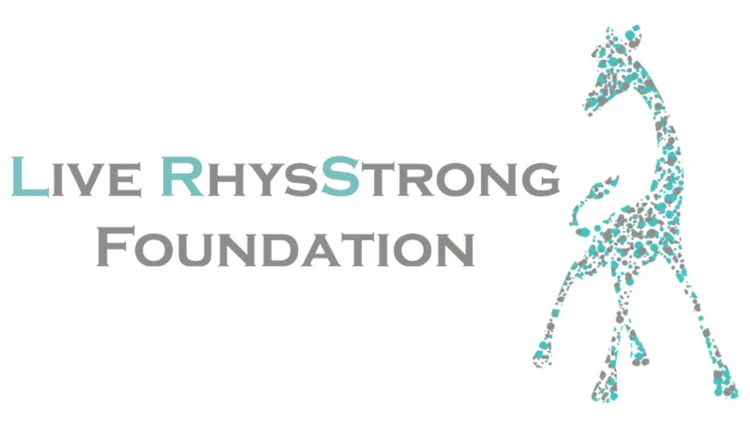What is SMA?
Spinal Muscular Atrophy is a genetic degenerative neuromuscular disease that affects the motor neurons of the anterior horn cells. It affects the muscles used for swallowing, breathing, walking, crawling, sitting and even smiling. 1 in 50 people are carriers—most unknowingly and with no family history. While SMA is not currently on the list of prenatal screening, carrier screening is as simple as a blood test. There is currently no cure. On December 23, 2016, the FDA announced approval of Spinraza, the FIRST EVER approved treatment for SMA. With the earnest and tireless efforts of families and organizations like LRS advocating for more genetic research, we are hopeful for a cure.
Genetics
SMA is a result of deletion of the Survival Motor Neuron 1 (SMN1) gene on both chromosome 5s. SMN1 is important because it provides the genetic code used to create the Survival Motor Neuron protein. SMN protein is critical to muscle function. Without it, messages from the brain to the muscles are not transported causing the muscles to atrophy and die. There is a backup gene, the SMN2 gene, that is able to create SMN protein however it is only partially functional.
Inheritance pattern
SMA has an autosomal recessive inheritance pattern. This means that both parents must be carriers in order to pass the disease to a child. Only one parent is required to pass carrier status to their child. If both parents are carriers, the likelihood of having an affected child for each and every pregnancy are as follows.
- Affected Child: 1 in 4
- Carrier: 1 in 2
- Unaffected Child: 1 in 4
Genetic Testing
The American College of Medical Genetics recommends individuals who are of child-bearing age or looking to start a family are tested for carrier status.
Learn more about the ACMG's Practice Guidelines for SMA Carrier Screening.
Why is testing important? Learn more.
SMA screening options:
SMA Types
There are four types of SMA, typically diagnosed from age of onset and developmental milestones. The number of SMN2 gene copies may also be considered. Care, treatment and mortality vary according to type.
A description of the different types can be found on Cure SMA's web page.




